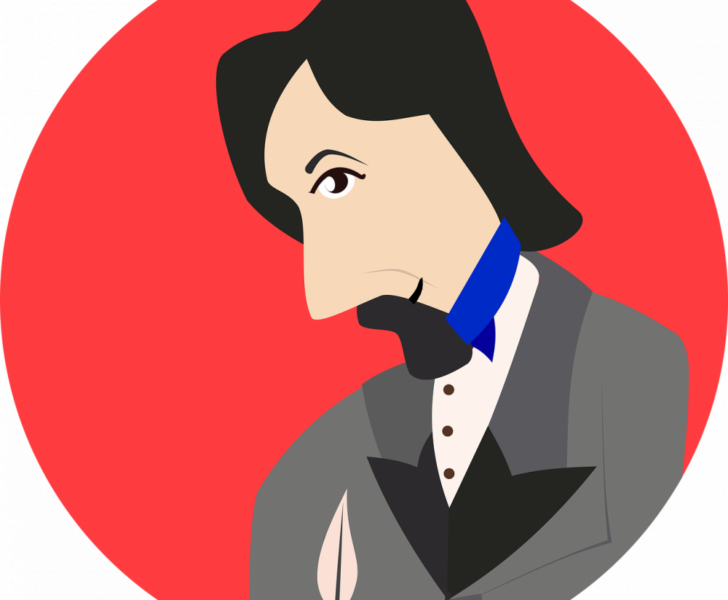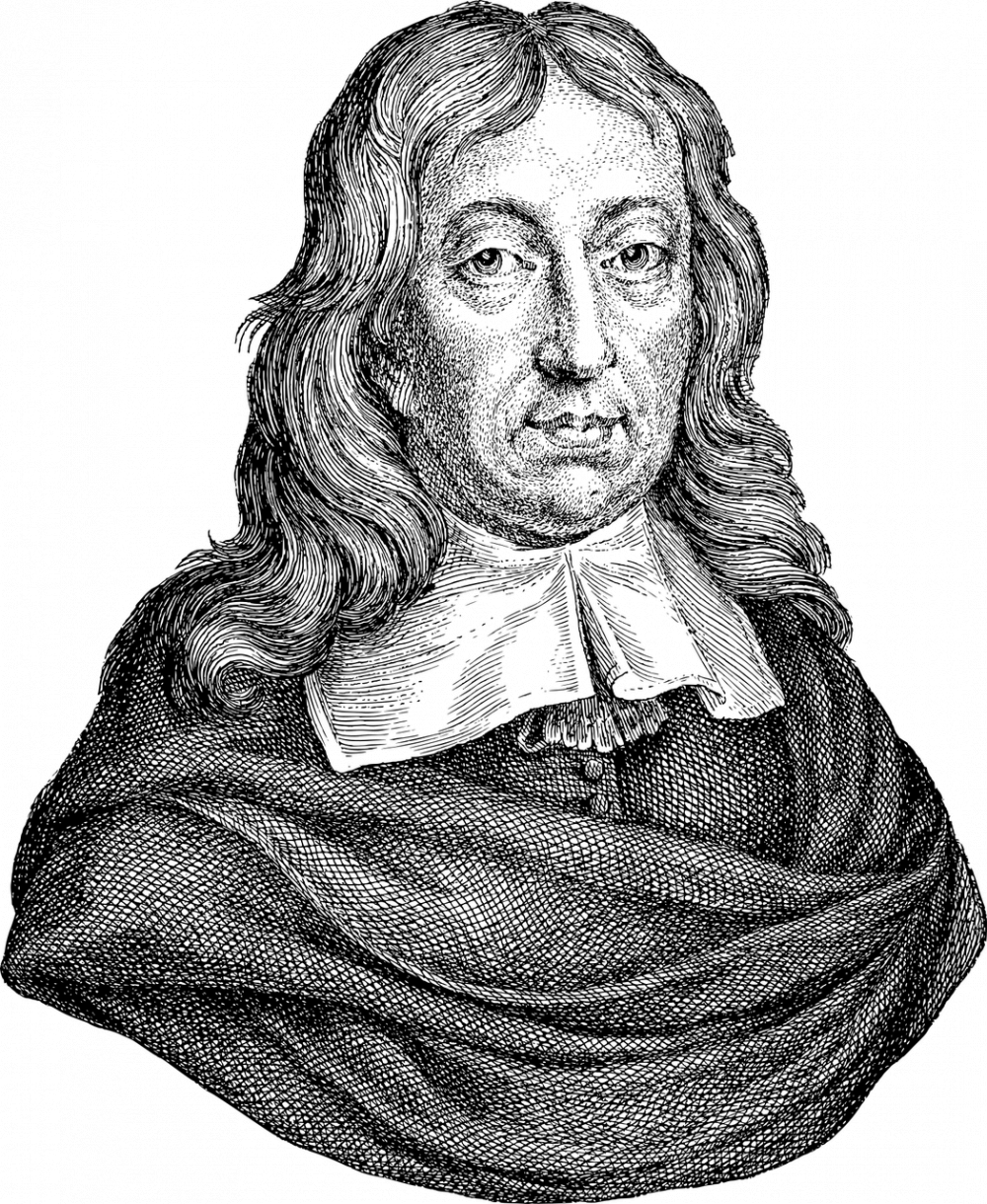Jane Austen films: A Journey through Time

Introduction:
Jane Austen, the beloved British author of the 19th century, has left an indelible mark on literature with her timeless novels. These novels, which explore societal norms, love, and the role of women in Regency England, have also become a significant source of inspiration for filmmakers. In this article, we will delve into the world of Jane Austen films, discussing their significance, evolution, and influence on popular culture. Whether you are a fan of classic literature or simply interested in exploring the world of period dramas, this article will provide you with a comprehensive understanding of Jane Austen films.
Historical Overview:

The journey of Jane Austen films began in the early 20th century with silent adaptations of her novels. However, it was not until the 1990s that we witnessed a resurgence of interest in Austen’s works on the silver screen. Among the earliest film adaptations is the iconic 1940 version of “Pride and Prejudice,” directed by Robert Z. Leonard. Starring Greer Garson and Laurence Olivier, this film helped introduce Austen’s world to a wider audience.
In the 1990s and early 2000s, a series of successful adaptations captured the hearts of viewers worldwide. One of the most significant milestones in this era was the 1995 BBC miniseries of “Pride and Prejudice,” starring Jennifer Ehle and Colin Firth. This version not only remained faithful to the original novel but also presented a visually stunning portrayal of Austen’s romantic world. It quickly became a cultural phenomenon, introducing a new generation to Austen’s stories.
With the turn of the millennium, filmmakers began experimenting with modern adaptations of Austen’s novels, giving them a fresh twist. Movies like “Bride and Prejudice” (2004) and “Clueless” (1995) transported Austen’s themes to contemporary settings, showcasing the universality of her narratives.
The 21st century also brought an increase in the production of lavish period dramas based on Austen’s works. Films like “Becoming Jane” (2007) and “Love & Friendship” (2016) delved into Austen’s life and explored the parallels between her real-life experiences and her fictional characters.
The Influence of Jane Austen Films:
Jane Austen films have not only entertained audiences but also shaped popular culture. The timeless themes of love, marriage, and social class depicted in these films continue to resonate with viewers worldwide. Moreover, these adaptations have brought Austen’s works to a broader audience, inspiring a newfound appreciation for her novels and promoting literary tourism in places associated with her life, such as Bath, England.
The popularity of Jane Austen films has also sparked a trend in the fashion industry. The costumes, hairstyles, and manners showcased in these adaptations have become fashion inspirations, influencing contemporary styles and trends. From empire waistlines to delicate bonnets, the Regency era aesthetic continues to captivate designers and fashion enthusiasts alike.
Furthermore, the success of Jane Austen films has opened the doors for other period dramas and literary adaptations. Directors and producers recognize the enduring appeal of Austen’s works and continue to explore new ways to bring these stories to life, both in film and television.
Conclusion:
Jane Austen films have become a cultural phenomenon, captivating audiences with their beautiful portrayals of love, society, and the human experience. From their early beginnings in the 20th century to the modern adaptations of today, these films have evolved and left an indelible mark on popular culture. Whether you are a loyal fan of Austen’s novels or simply a lover of romantic period dramas, Jane Austen films offer a window into an enchanting world of English literature. So sit back, relax, and indulge in the captivating allure of Jane Austen films.











